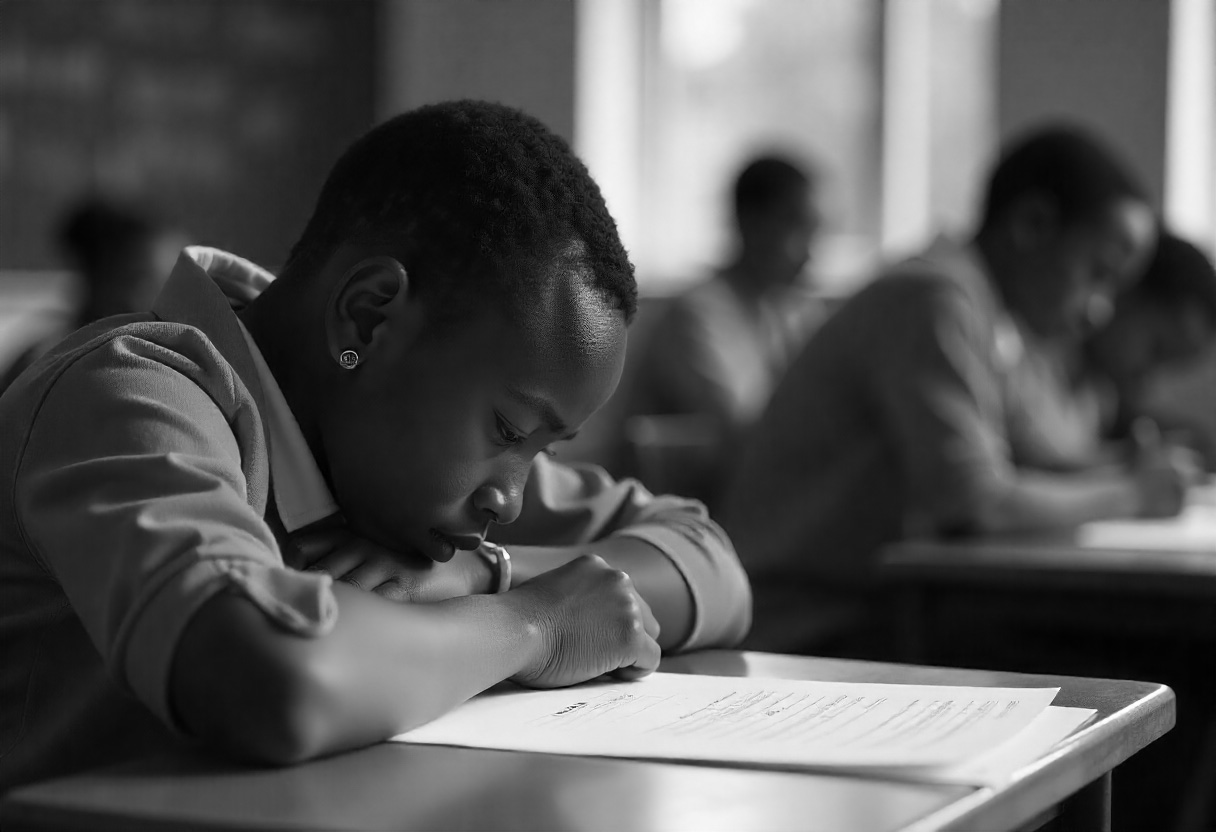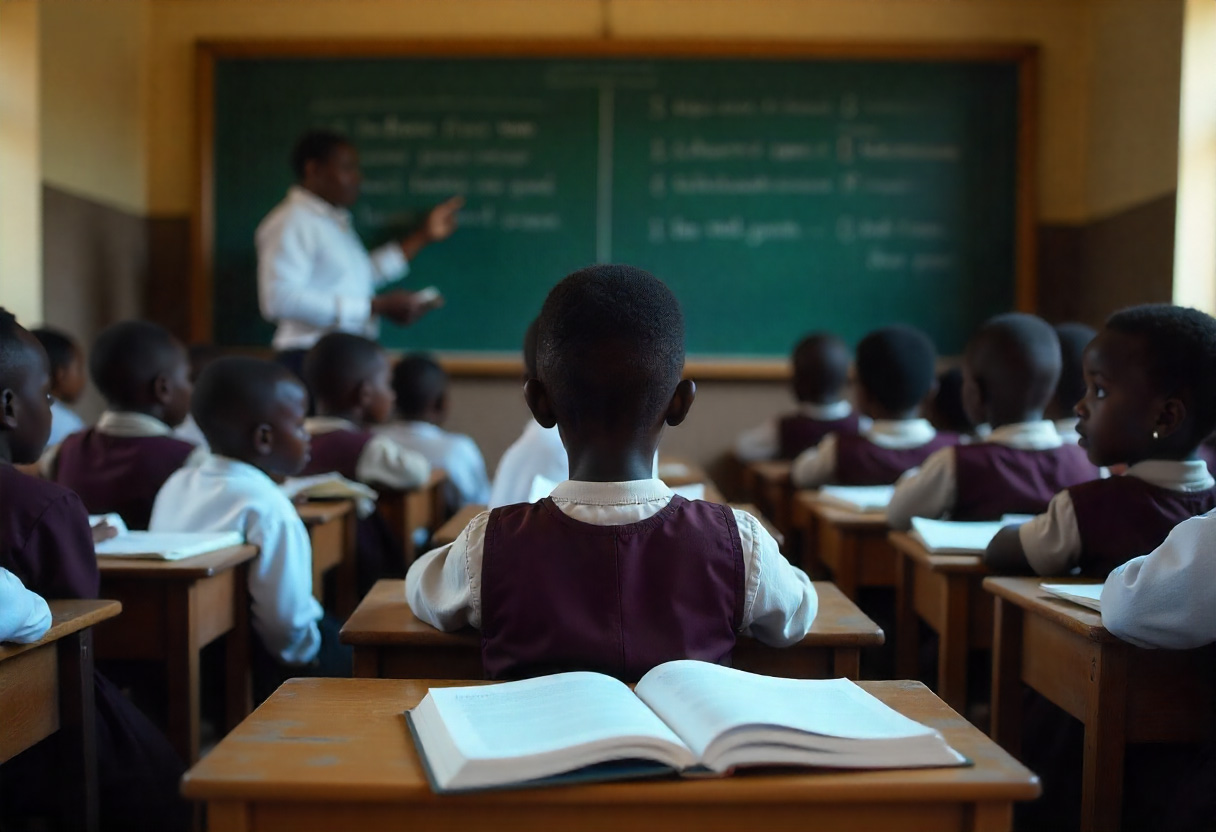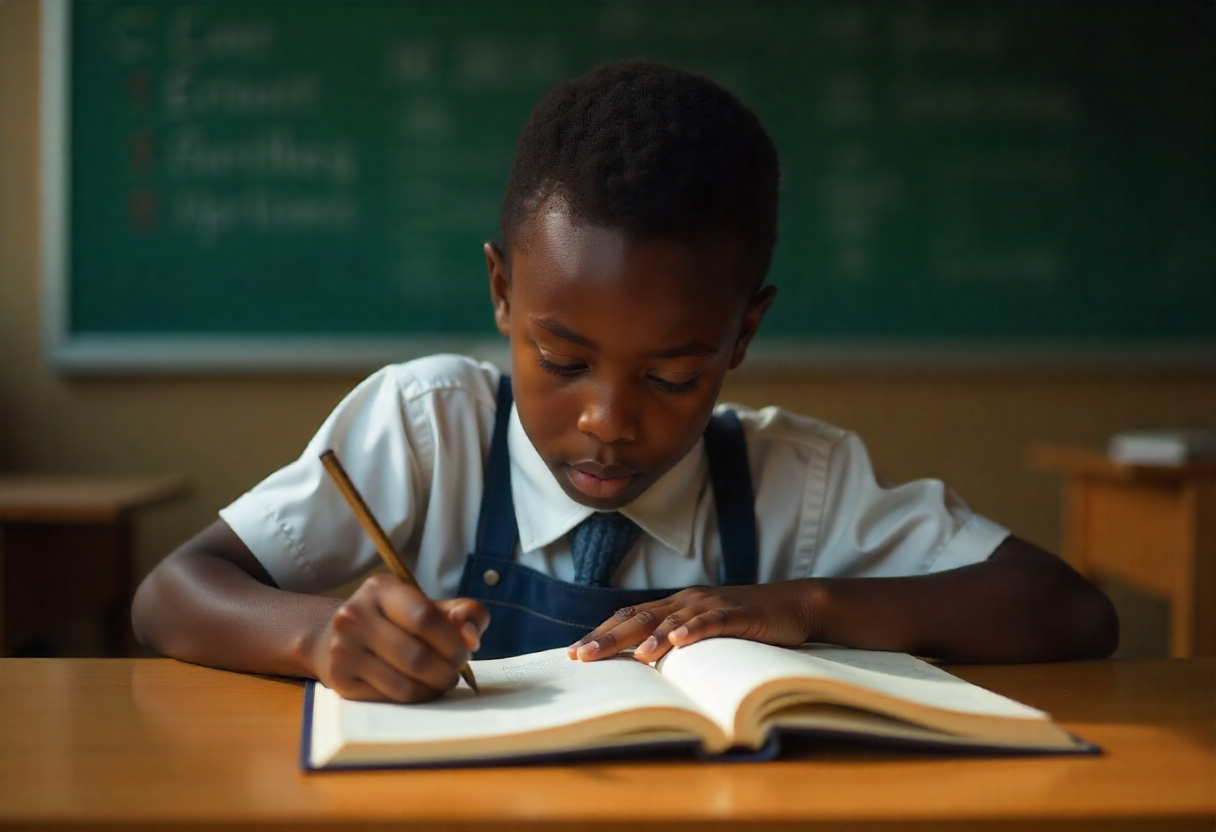“When a child fails, who must carry the weight! The learner, the teacher, the parent, or the system?”
It’s a tough question, and it hits harder today than it did two or three decades ago. Back then, when a pupil consistently scored poorly, the blame landed almost entirely on the child. You would hear things like, “That one just doesn’t like books” or “He never listens in class.” The thinking was straightforward: if you fail, it’s because you didn’t try hard enough.
There was barely any room for questions like:
- Could this child have a different learning style?
- What’s their emotional state or home environment like?
- Was the topic delivered in a way they could grasp?
Learners quietly carried the shame of failure, believing it meant they weren’t smart or capable.
Fast forward to today, and the script has flipped. Now, when learners fail, the teacher is often first in the line of fire.
“What are these teachers even doing?” parents ask
“Why is your class performance the worst?” school heads demand.
“I failed because the teacher didn’t explain well,” learners themselves say.
In this new dynamic, the child is treated like a client, and the teacher a service provider. When things go wrong, the assumption is: "The service failed".
As an educator, I’ve seen both extremes. I’ve also seen the truth which is somewhere in between.
Failure should be a signal, not a sentence. It should push us to reflect, not react. Teachers need to check their methods. Learners need to look at their habits. Parents need to check in, not simply on report day, but through the term. The system itself; if it's under-resourced or overly rigid needs honest review.
Let me give you a real example.
At one school I worked with, a boy named Brian always failed English comprehension. His teachers believed he just didn’t pay attention. One day, during a group activity, we discovered that Brian was struggling with sight. he couldn't see the text clearly from his seat. After getting him glasses and sitting him nearer to the front, his performance changed. The issue wasn’t his mind it was his visibility.
So, who failed Brian?
That’s why we need to stop pointing fingers and start building bridges. A learner’s success isn’t one person’s responsibility. It’s everyone’s. When one child fails, the cost is shared. But so is the opportunity to make it right.
Let’s start there.









0 Comments:
Leave a Comment